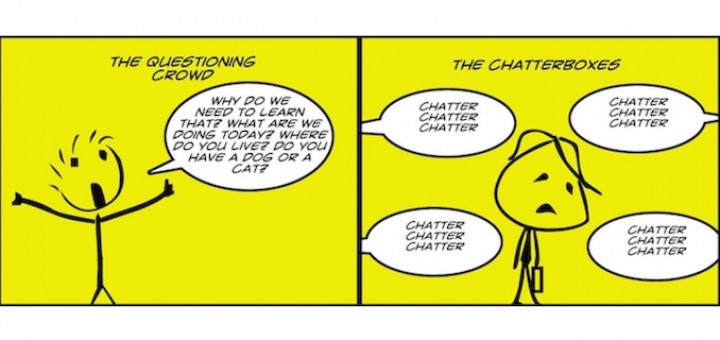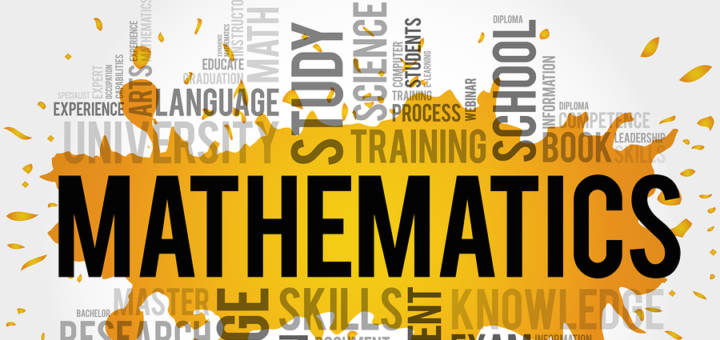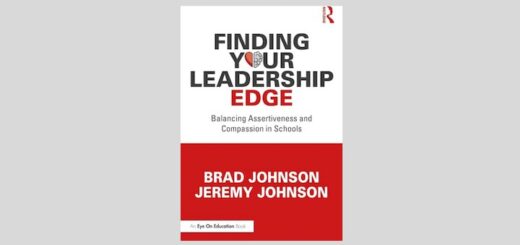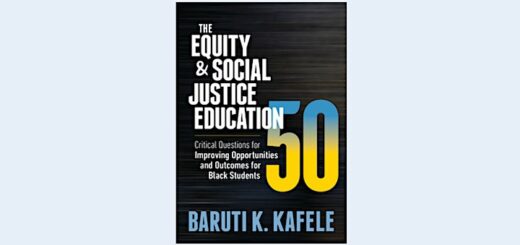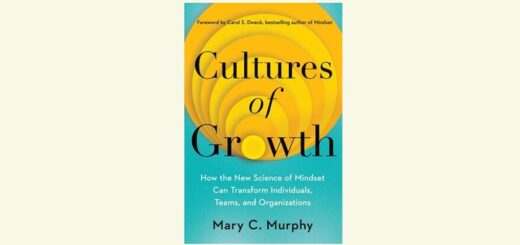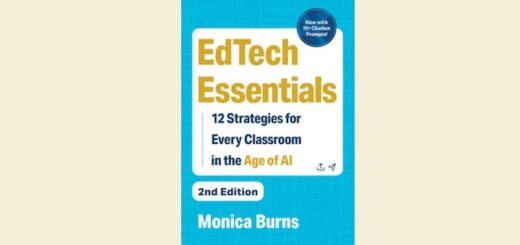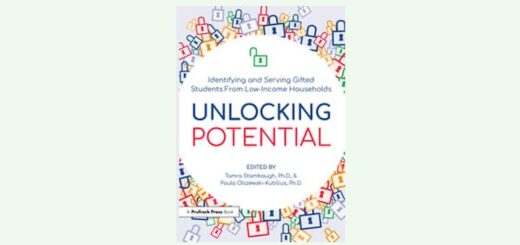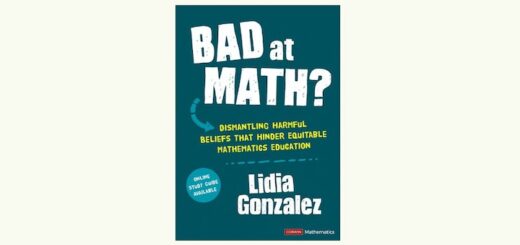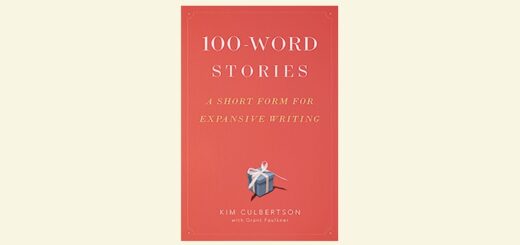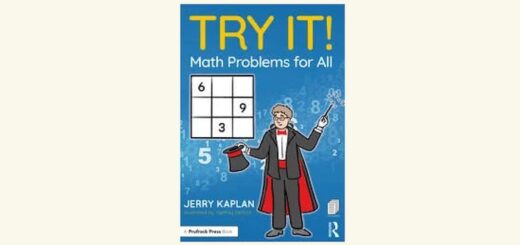Teaching and learning in grades 4-8
In their follow-up to Notice & Note, Kylene Beers & Robert Probst consider the importance of stance, the power of signposts & the role of strategies in helping students become effective readers of nonfiction in every subject. Teacher Linda Biondi celebrates their success.
A steady flow of new district teaching resources is creating a more-than-you-can-eat buffet effect for 4th grade teacher Mary Tarashuk. Take the new online math program. Can she manage to put together the right selection of new dishes and old favorites?
Matt Renwick recommends The Principal 50 by Baruti Kafele to principals and AP’s just transitioning from the classroom to the front office. The book’s 50 topics range from a leader’s attitude to school culture, instructional leadership, accountability and more.
You know those times where the kids are so spun up that you suspect nothing you say will be remembered tomorrow? You ask yourself, “Why am I even trying to teach today?!” Veteran educator Patti Grayson casts her votes for the most inattentive days of the year.
In this “faux” research study, Kevin Hodgson describes the four widely varied 6th grade classes he has this year. His field research reveals four cohorts: The Silent Squad, The Questioning Crowd, The Chatterboxes, & The Selfies. Do any of these sound familiar?
FDR’s “Four Freedoms” speech in 1941 versus Donald Trump’s debate performances this year: meaningful connection or unfair comparison? Sarah Cooper describes her recent lesson and presents her new ground rules for history and current event mashups.
Bringing Math Students into the Formative Assessment Equation is in a league of its own by focusing solely on the middle level math educator who wants to write effective learning targets. Educator Maia Fastabend already plans to employ some of the book’s tools.
Too often co-teaching teams simply take turns as they focus on general student needs, rather than blending their strengths to serve all the learners in the room. Co-teaching coach Elizabeth Stein shares some ideas and resources to build strong partnerships.
Educators may be reluctant to try memoir writing with middle grades students, but the rewards are considerable, says 8th grade teacher-author Jake Wizner. He shares three insights that can help guide teachers as they enrich the student writing experience.
The authors of Mastering Digital Literacy provide links to countless tools and resources to support teachers’ goals of immersing their students in the digital world. But educator Sarah Grieb believes the book is not a good fit for the realities of tween classes.





